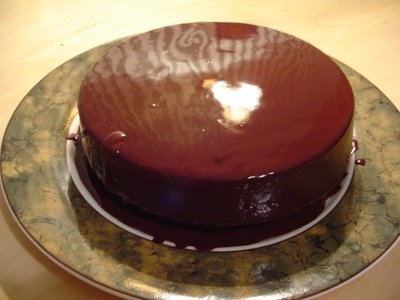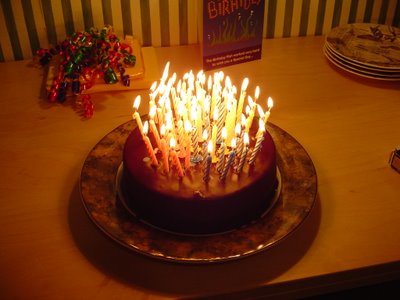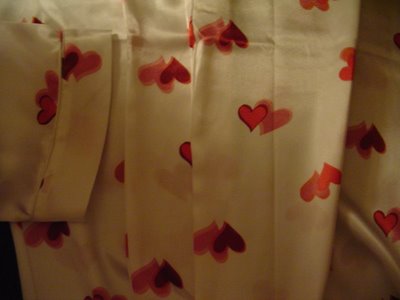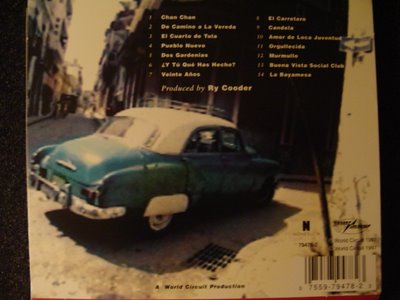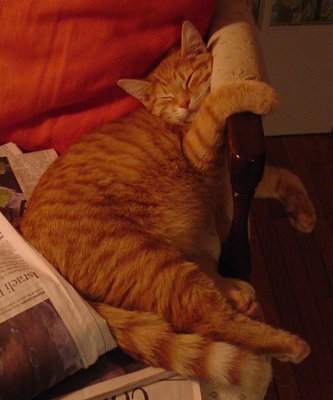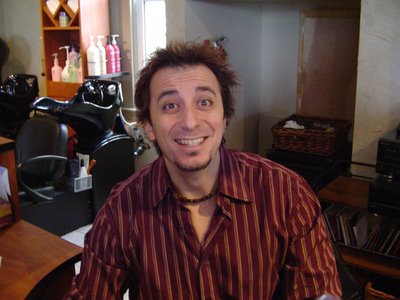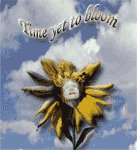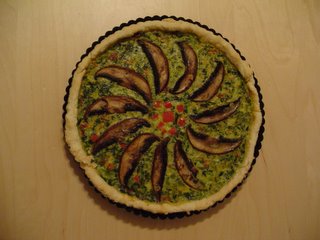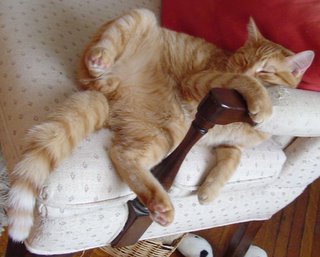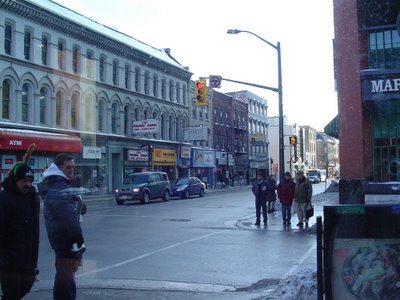
Today, as I walked down the street, three teenagers were playing around. Two were on small bikes. They all went to a small dell by the river. There kids fly down a steep bank on their bikes and try to make it up the other side with the momentum.
The two boys on bikes were trying it as their friend sang—like a comic opera star. He made me laugh, yet the quality of his voice was good. He sang so playfully. I have never heard a teenaged boy sing with such comic and yet melodious abandon.
As I walked to Wortley in the warming sunshine in order to buy oranges and bananas, the boys on the bikes sped past. They waited, ahead, for their friend who strode on foot. As I passed them, I couldn’t help but ask who had been singing.

They laughed and said it was their friend on foot, saying he sings all the time. I told them that, although he had made me laugh, I thought his voice was very good. They were happy to hear it and one friend said: “awesome.”
They were having fun on a beautiful day and their high spirits were contagious.
Then I saw a young father walking with his tiny son. The boy was dressed in a blue jacket that looked like a slicker, and orange hat with a brim so that he looked like a little seafaring fisherman. Very cute.
I wound up with such an astonishing feeling of well-being that I took time to take a few photos—I had brought the camera rather grudgingly—and I bought an ice cream cone from The Dugout.

The previous customer had dropped her ice cream and made a mess. While the guy behind the counter was getting her more (at no cost to her) I grabbed a few napkins and cleaned up for him, which he appreciated.
It was wonderful, carefree. And I felt connected to the world.
In my constant busy-ness: writing stories, creating designs, fretting about the fact I have not done anything on the Peace Collage in six weeks, I forget all the blessings I have. I forget there are good and funny people all around me, and often forget to notice and enjoy what’s right in front of me.
Acutely aware of my age (55) and how I sabotaged myself, beginning in high school, so that I would wind up today, without a career or a pension, I too often tend to see the glass half empty—sometimes all empty.

When I wore holes in my shoes and my mother could not afford to buy me another pair, I went to the local convenience store, lied about my age and got a full-time job in which I worked from 5 p.m. to 11 p.m. every night after school as well as on Saturday and Sunday. As you can imagine, I had no time for homework. I tried to burn the candle at both ends, staying up often until three in the morning, but then I would fall asleep in class.
It’s a shame, because I had been on track—although I didn’t realize it—to be able to pick the university I wanted.
My self-esteem was so low—my mother always told me I didn’t deserve to go to college—and I guess I believed her.

In 9th grade I had gotten straight A’s. Placed in Honors English and Honors History classes in 11th grade, that was the year I got the job. Needless to say I wasn’t put in honors classes my senior year. Instead, I worked full-time. It is amazing to me that I wound up with a B average. I was the only one of my friends who did not get into the National Honor Society.
I also was the only one of my group of friends who was told by my high school guidance counselor—his name was Mr. Bean and he was a round man in a white shirt and nondescript tie, probably in his thirties, who looked and sounded as though he didn’t have a brain in his head—that there was no point in my going to college as I would probably get married.
I wasn’t even dating at the time, and had no interest in boys. So much for his insightful acumen.I said nothing but thought he surely had to be a sexist moron.
I went to college, but it was a struggle. Because I had not gotten better grades, I did not qualify for a scholarship. Sad to say, I never even considered—even when I was an A student—that I would qualify for a scholarship. The result was I had to work full-time during college. Of course my grades suffered.
But the real icing on the cake came when I let my university guidance counselor talk me out of my major. I had wanted to be a psychologist. Yet, he had just created a new major—Social Sciences—and he was anxious to get recruits.
I signed up and wound up, after four years, with an absolutely worthless degree. The result? I got a job in insurance instead of becoming a counselor or working in the field of human potential and thought—which has always fascinated me.
I'm writing all this for anyone out there who is still young and thinking about blowing off school. Please don't. You'll seal your fate and regret it bitterly, especially when you reach middle age.
If you get A’s you can call the shots. And you can get A's. Most of school is effort. Work hard enough, keep at it, ask for help - demand help - and you can learn anything. You will then be able to get scholarships, you can determine your fate, and you won't be begging for jobs or loans. Goof off, get C’s and you will bounce around like a pinball, trying to find your place for the rest of your life.
Show the world you can apply yourself, and that you can learn. It may be tedious, it may be boring, but a dead-end job you hate will be more so. Endure school and master it, and you can make the rest of your life far more interesting.
Choose a decent profession and you will be able to afford whatever lifestyle you want. Get stuck at minimum wage and you will live your life as someone else’s wage slave.

My ex-step kids didn’t believe me. I begged them to apply themselves. They laughed at me. They are in their late twenties now, working like dogs, unable to get ahead, living from paycheck to paycheck on rent with no future in sight. They’re not laughing now.
It’s not cool to reject the system when you will wind up being controlled by it all your life.
I wish someone had explained it to me. I wish someone I respected had said: quit that damn job, get A’s in your honors classes, work like hell to get a scholarship and get into the best school you can, because that will determine your entire future. And, for God’s sake, if you want to be a psychologist, let no one who has his comfortable niche and nice paycheck talk you out of it.
So, anyway, back to seeing the glass half full.

Here's a beautiful church in Wortley Village.
I’ve been working so hard, editing stories, getting them ready for submission. I sent off one on Friday entitled
A Couple Of Eggs.
Saturday I pared a 5199 word story—
The Jewel Box—down to 5000 words to meet submission requirements. Also finished a 2500 word essay entitled
Angels In The Field on the topic of “restoration” which I intend to submit to Pilgrimage Press.
By today—after working 10 and 12 hours every day last week writing—I felt I deserved a break. I slept in, got Angus to take me out for breakfast, laid on the swing and read until I dozed off.
I’m reading Victor Frankl’s
Man’s Search For Meaning. Although I have two books of Alice Munro’s stories to read, am reading Ronald Wright’s
A Short History of Progress and have a few more pages to go in a book on playwriting, I felt compelled on Friday to go and get Frankl’s book out of the library. I’m half finished with it.

A psychiatrist, Frankl spent 3 years as a prisoner in concentration camps in Germany during WWII, including Auschwitz. He is the founder of Logotherapy, about which I intend to learn more.
Frankl talks about how one finds meaning when all meaning—normally imparted to our lives by loved ones, possessions, comfort, food—has been taken away. How does one go on living when one is treated like rubbish, worked and starved, beaten and in pain day after day without any hope of escape or reprieve and the knowledge one is very likely to die at the hands of one’s captors?
Frankl quotes Nietzsche: “He who has a
why to live can bear with almost any
how.”
So the answer to those in the camps—as well as for each of us—is: What
why gives our life meaning? How could we possibly justify, under such wretched terror and agonies, a reason for living? God knows it was easy enough for a person in the camps to get the attention of a guard who would beat him to death or shoot him.
Here is, to me, a most profound answer from his book:
“What was really needed was a fundamental change in our attitude toward life. We had to learn ourselves, and furthermore, we had to teach the despairing men, that
it did not really matter what we expected from life, but rather what life expected from us. We needed to stop asking ourselves about the meaning of life, and instead to think of ourselves as those who were being questioned by life—daily and hourly.
Our answer must consist, not in talk and meditation, but in right action and in right conduct. Life ultimately means taking the responsibility to find the right answer to its problems and to fulfill the tasks which it constantly sets for each individual.”
He goes on to say that these tasks are different for each person and that no one’s path is like any other. We each must come to grips with what we are asked to do, what we must give birth to. If we are alive, it is for a reason. We have work to do, revelations to comprehend, meaning to impart to the lives of others, love to give and receive.
Matthew Fox, author of
The Reinvention of Work, quotes St. Francis of Assisi in saying that we are here to alleviate pain and create joy.
He, of course, means not just for ourselves but for others.

If we spend our lives alleviating our own material pains and creating material joy (and that’s all we can do when we ignore the well-being of others), we will wind up spiritually bankrupt due to our selfishness. If we, however, work to alleviate pain and create joy for all concerned, then we will find our lives rich in meaning and joy.
That is the ultimate measure of any thought, word or deed: will it, can it, is it alleviating pain or creating authentic joy? If not, it subtracts meaning from our lives—and others—rather than adding it.
And, for those who think they have to choose between altruism and financial independence, think again. Wanting to help others, to be of service, to make a difference, does not preclude being materially well off. Just look at Oprah.









